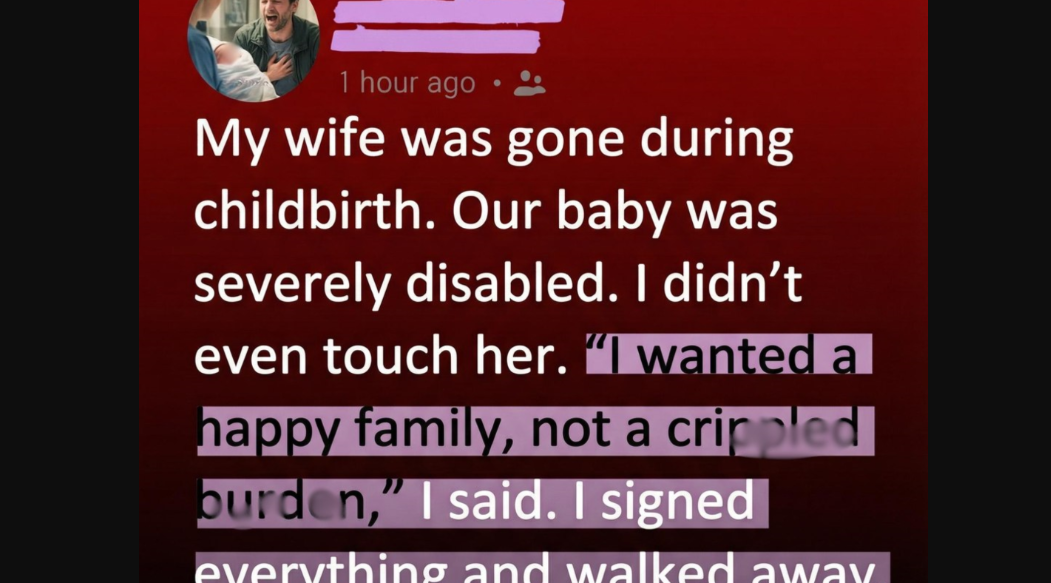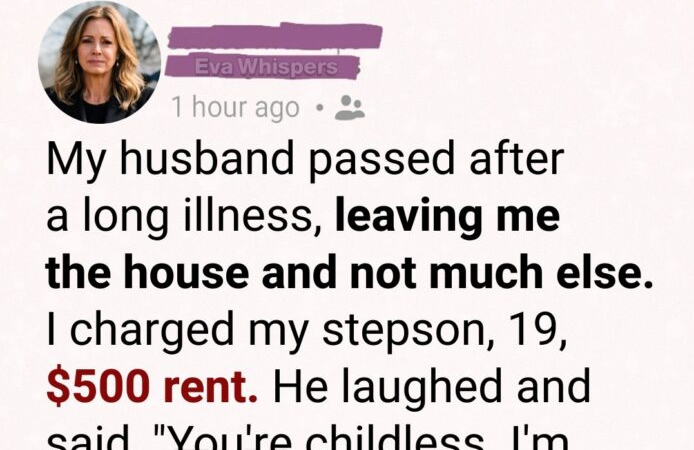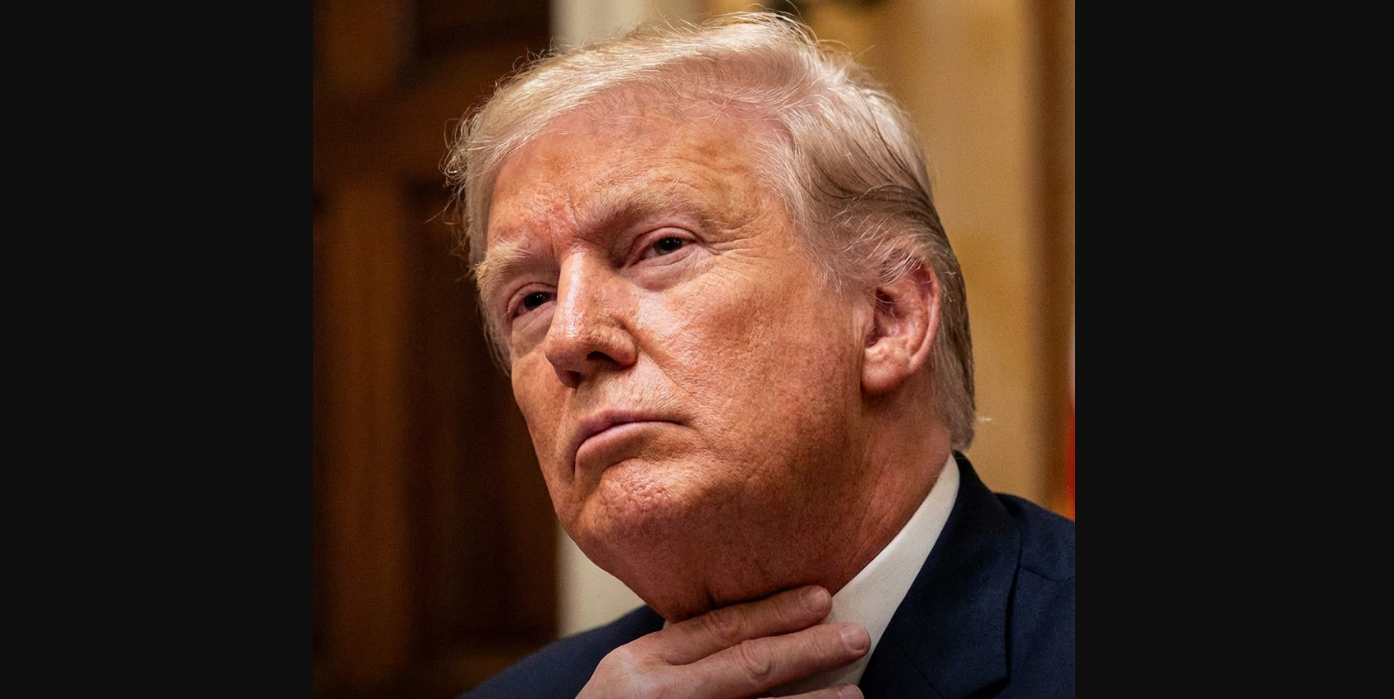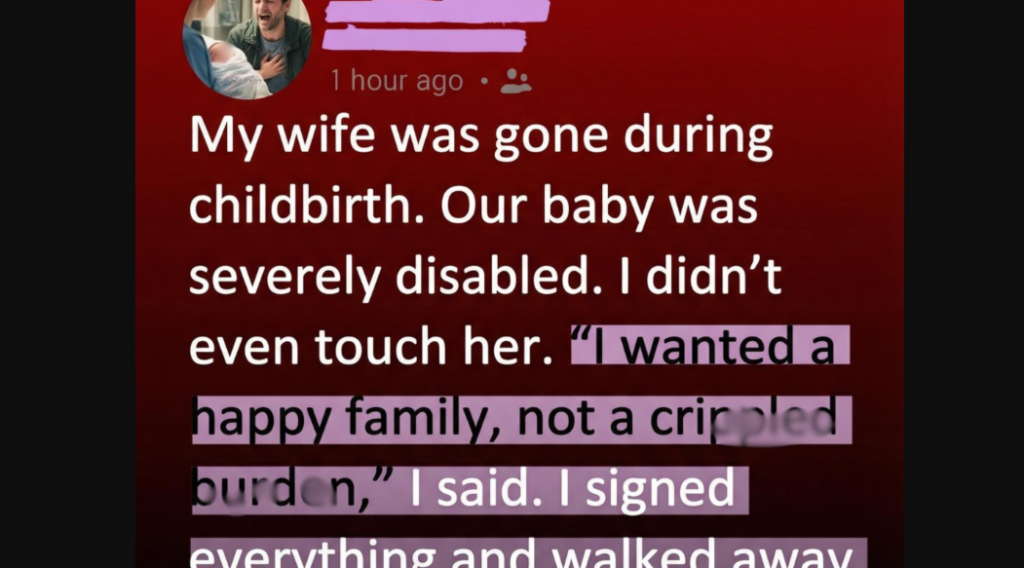I was attempting to extend another challenging week when my daughter spotted a man weeping outside the store. What unfolded after she offered him her lemonade—and her small collection of savings—transformed our lives completely.
Becoming a single mom never entered my intentions, but life often disregards intentions. My husband departed when Lily was scarcely three—disappeared without notice, without funds, without remorse. Nurturing her by myself proved exhausting, but I never imagined the compensation awaiting us one day would render every effort meaningful.
One day, Lily’s father was gently combing her curls before daycare. The next, he had vanished. Postcards arrived sporadically at first—fuzzy images from Bali with a girlfriend half his age, smiling under a tan that filled me with nausea. Then silence. He avoided calls, evaded court summons, and regarded child support demands like unwanted advertisements.
It felt as though he had eliminated us—torn out a section of his existence and discarded it. I ceased anticipating apologies or reasons.
Instead, I labored.
Every dollar needed to expand. I mastered recognizing the tiniest generosities because sometimes, they provided the sole support through the week. I prepared spaghetti to serve three evenings. I honored small triumphs—the occasion Lily laughed so intensely at the park she snorted, or when I discovered a misplaced $20 in my winter coat pocket.
Those instances assured me we remained secure.
And honestly, nurturing Lily offered its own blessing.
At seven, my daughter radiates pure warmth—inquiring, direct in the manner only children achieve, yet compassionate, with greater sympathy than many adults. People observe her not merely because she appears lovely in a wide-eyed, scraped-knee fashion, but because she observes them.
She will murmur at the register if the cashier appears weary. She detects when a neighbor’s dog limps. Once, she surrendered her birthday cupcake to a friend who dropped theirs. Lily does not merely inhabit the world—she invests enough to alter it, one gentle connection at a time.
That day at the store demonstrated it.
It marked back-to-school week. My list remained precise: pencils, erasers, an inexpensive notebook. No additions. Yet, Lily eyed the cooler near the checkout.
“Mom,” she whispered, cheeks flushed, “can I have a lemonade?”
It cost $1.29. An indulgence. But I agreed. The manner her face brightened, you would imagine I had presented her a winning ticket.
We emerged into the glaring sunlight, bags swaying, individuals hurrying by. Then Lily halted, her tiny fingers gripping mine.
“Mom,” she said quietly. “That man’s crying.”
I traced her line of sight. Nestled between a soda machine and the wall sat a man, his body curled inward, shoulders trembling. No sign. No cup. Merely silent anguish that everyone bypassed as if he were unseen.
I attempted to guide Lily away. But she stood firm.
“What’s wrong with him?” she inquired.
“Maybe he’s experiencing a difficult day,” I replied softly.
“Maybe he’s warm and thirsty,” she answered. Before I could intervene, she approached him, lemonade held firmly.
“Hi, sir,” she said in her small, earnest voice. “Don’t be sad. Be happy. It’s a pleasant day. Not raining or snowing or anything. Are you warm? Why don’t you head home? The ground is dirty.”
The man lifted his head, surprised. His eyes appeared glossy, edged red.
“I don’t have a home,” he croaked. “But I’ll manage.”
Lily’s face fell. “So you’re homeless,” she whispered. “That means no refrigerator… no food…”
Then she performed an act that took my breath away. She extracted three crumpled dollars from her rainbow coin purse—the one she had been accumulating with birthday money and loose change—and placed them into his hand, along with her lemonade.
“Please go eat,” she said. “It would make me truly happy. I like McDonald’s. You should go there.”
The man gazed at her as if she had bestowed riches upon him. His hand shook as he accepted the drink and money.
“Thank you,” he whispered, his shoulders relaxing.
Two nearby shoppers, who had been observing, advanced—one offered him a $20, the other a $50. Generosity spread outward.
We departed silently. My throat felt too constricted for speech. Lily pulled my hand.
“Do you think he’ll be okay now?”
I nodded. “I believe he might be.”
I assumed that concluded it.
Two days later, as we removed breakfast dishes, a powerful roar shook the house. The windowpanes vibrated.
“Is that…?” I murmured, approaching the window.
A helicopter descended directly in front of our house.
“Mom! It’s landing!” Lily exclaimed, barefoot, dashing to the door.
The blades stirred the trees, scattering leaves across our lawn like celebration. A man in a navy suit emerged.
My heart paused.
It was him.
Clean-shaven now, hair neatly arranged. His face appeared lighter—not merely physically, but as if grief had been washed away. He held a small paper bag.
He proceeded up the path deliberately, respectfully.
“Do you… remember me?” he asked.
I nodded.
Lily peered around me. “That’s the man who was sad.”
He knelt to her level. “Yes, little one. I felt profound sadness. My wife and I anticipated twins. We drove to visit my parents when an accident occurred. They didn’t survive. She didn’t survive.”
His voice cracked.
“I did. And I wished I hadn’t. I immersed myself in alcohol. My brother managed the company while I ceased caring. I wasn’t homeless due to finances. I was homeless because I lacked the desire to live.”
Lily whispered, “I’m sorry.”
He held her gaze, eyes moist. “That day outside the store, I wasn’t hungry. I grew weary of existing. And then you arrived—with your lemonade and your gentle voice. You reminded me of my wife. You awakened me. You rescued me.”
The atmosphere itself seemed to halt.
He stood, facing me. “I shared everything with my father. I requested to rejoin the business, but only if I could establish a foundation in my wife’s name—to assist single mothers and families in need. He consented.”
Then he presented me an envelope.
“For Lily’s education. Every year, until she completes it.”
I grasped it, astonished.
“There’s more,” he said softly. “A car will arrive this afternoon. And an interview at one of our partner firms. A role I feel matches your abilities.”
“This exceeds generosity…” I faltered.
“No,” he stated resolutely. “You’re nurturing a child who truly sees people. That proves rarer than treasure. The world requires more children like Lily—and more mothers who instill such compassion.”
Lily smiled broadly at him.
Then he offered her the small paper bag.
“For you.”
She looked inside, inhaling sharply. “Lemonade!”
He smiled. “I owed you one.”
She laughed and embraced him, causing him to stagger before he returned the hug.
“How did you locate us?” I asked.
“A friend in the police. I reviewed the cameras outside the store. I recognize it felt invasive, but I needed to express gratitude properly. I couldn’t allow your generosity to fade.”
I paused. Then Lily pulled my sleeve.
“Mom,” she whispered, “it’s okay. He found us because he desired happiness again.”
And with those words, her insight pierced through all doubts.
The man nodded once more and returned to the helicopter.
“Bye, lemonade man!” Lily called, waving her drink high.
He turned and smiled.
And for the first time in years, I permitted myself to embrace it.
Hope.







